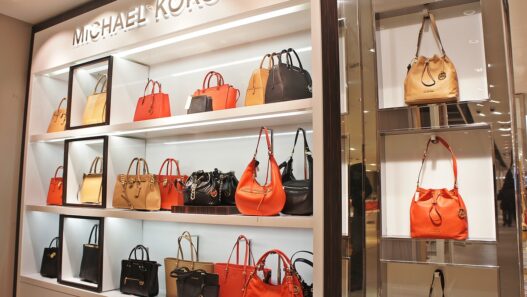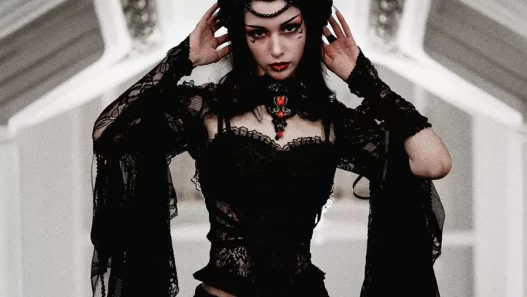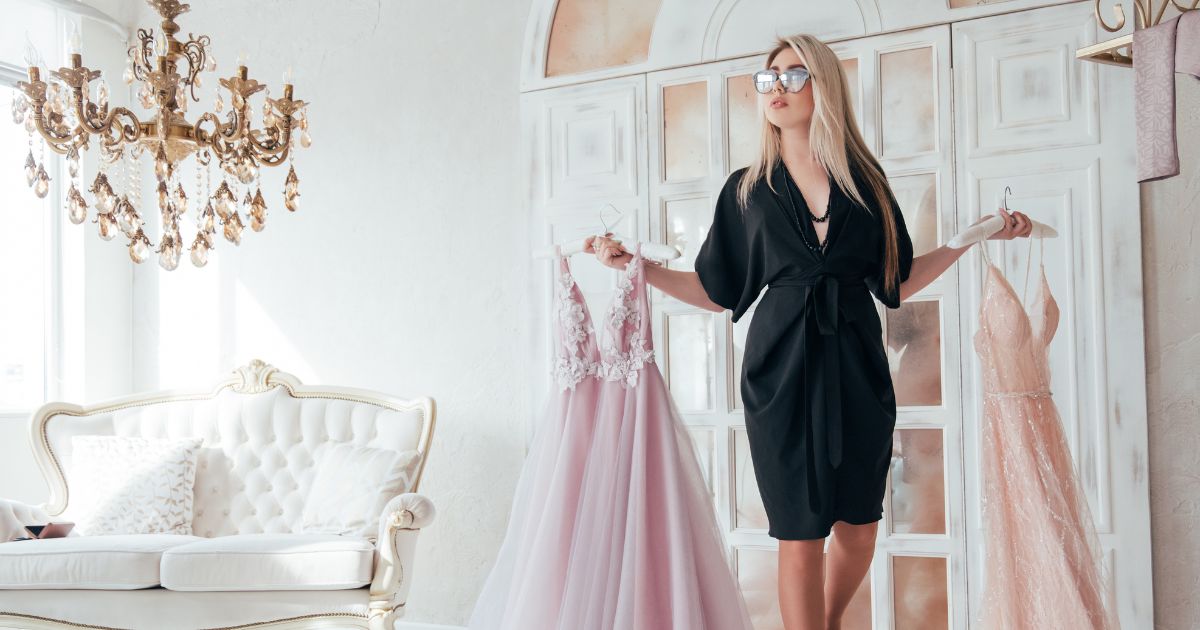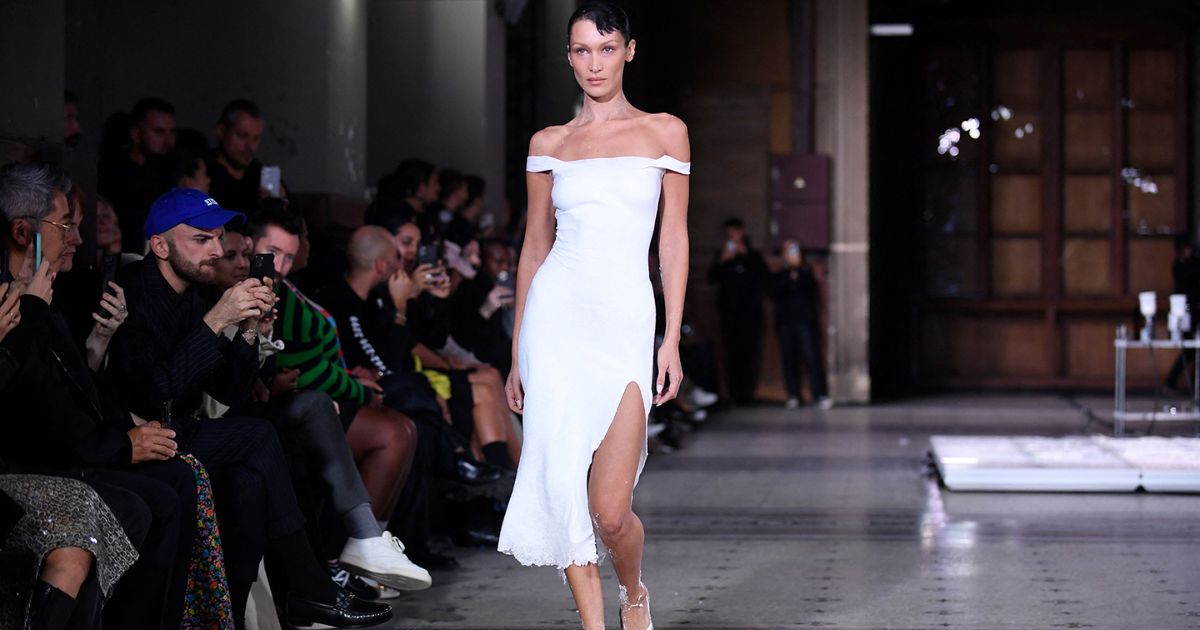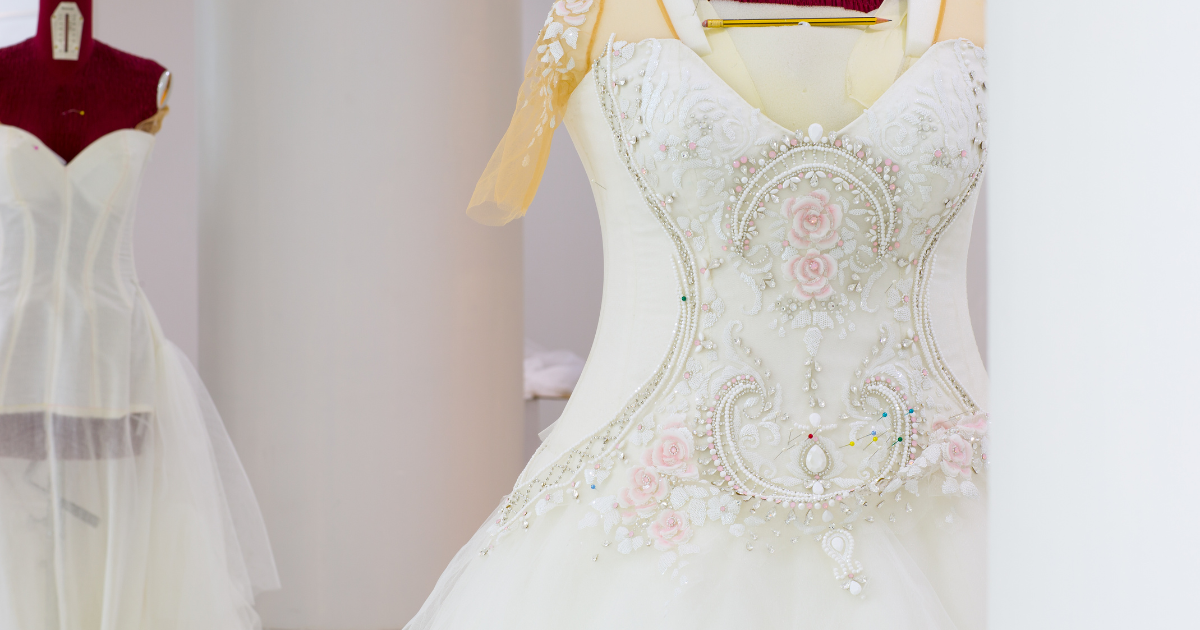The most iconic fashion companies and designers endure because they held important positions in fashion history. These celebrities relished the special opportunity to shape an entire generation (or several). No matter how long the company has been around or that they are no longer in business, the clothes that people wore—from celebrities who wore couture to galas and award shows to those of us who still keep them hung in our wardrobes for work or play—meant something to individuals who wore it.
1. Kinney Shoes
George Romanta Kinney established Kinney Shoes in 1894 in Waverley, New York, initially as a family-run shoe company. In 1956, The Brown Shoe Company bought the company, and in 1963, F.W. Woolworth (later Venator Group) bought the name. The shoe company offered a selection of athletic and dress shoes for men, women, and children.

2. Henri Bendel
Henri Bendel has been in business for 123 years and started off selling hat boxes and bags. In 1985, L Brands purchased the business. By 2019, the brand’s dominance had been essentially put an end with the closure of all 23 of its locations, including the famous flagship shop on Fifth Avenue in New York City. A fashion show and a semi-annual sale were two Fifth Avenue retail firsts made possible by Henri Bendel’s flagship store. Henri Bendel offered accessories like handbags, jewellery, sunglasses, and other things. When L Brands bought the store in the 1980s, it ceased to sell apparel.
3. Jacques Fath
One of the greatest French designers at the period, Jacques Fath is credited with revitalising the Paris fashion scene following World War II. Bold patterns, plunging necklines, and clothing with hourglass shapes became Fath’s trademark fashion elements. Fath’s career was cut short by his leukemia-related death in 1954. Only 42, he was. After being purchased by numerous different businesses throughout the years, the perfume and accessories division of Fath’s business continued to operate until 1992.
4. Claire McCardell
McCardell, a pioneer of the “American Look,” popularised slender dirndl skirts, ballerina leotards, and stretchy, forgiving, and reasonably priced materials like wool jersey and denim. McCardell created a variety of outfits, from sportswear to business suits, but only a few stood out. McCardell’s family closed the label after her death from cancer in 1958 at the age of 52, believing it would be impossible to continue operations without McCardell at the helm.
5. Thea Porter
The Bohemian style of the 1960s and 1970s was popularised by Thea Porter, who also introduced it to London’s catwalks. Although it closed, along with a store in Paris, the designer opened her first shop in New York in 1971. Despite this, her creations were still offered in a number of upscale boutiques. Celebrities like Elizabeth Taylor and Faye Dunaway were drawn to Porter’s style because it included flowy, free-flowing kaftans. Pink Floyd and Elton John endorsed Porter’s clothing line, which included embroidered coats and striking shirts. The “gipsy” outfit, also known as the aghabani shirtdress, is still one of her most recognisable creations.

6. Bill Gibb
In addition to his knitwear created in collaboration with American textile designer Kaffe Fasset, Bill Gibb was renowned for his dresses that included a distinctive blend of fabrics, patterns, and textures. The Bill Gibb Fashion Group, which operated in London from 1972 until 1988, was founded and chaired by Scottish designer Gibb, who embodied the free spirit of the 1960s and 1970s. The “Bill Gibb Room” at Harrods featured Gibb’s works after he was selected Designer of the Year by Vogue in 1970. Gibb, 44, passed away from cancer in 1988. By then, his bohemian designs had become outdated; his final collection was in 1986.
7. Miu Miu (menswear)
The Miu Miu womenswear collection debuted in 1993, but the menswear collection wasn’t introduced until 1999. Miuccia Prada founded the brand Miu Miu with the idea that it would have a more fun aesthetic than the minimalist designs of Prada, which was already well-known in the fashion industry. Additionally, Prada was more expensive than Miu Miu. With graphic-print shirts and playful accessories like hats, ties, and belts, the range had a youthful spirit. When Prada made the decision to concentrate on the Miu Miu womenswear line, the male brand was discontinued.
8. Cheap Monday
Everyone on and under the coolest indie concert stage on the planet was wearing Cheap Monday skinny jeans, including Kasabian, Arctic Monkeys, The Strokes, The Kooks, Franz Ferdinand, and Kaiser Chiefs. Even fashion has altered since rap replaced punk rock and independent music. It’s time for bigger volumes and technological materials instead of ultra-tight denim. The Skull brand, which Swedish entrepreneur rjan Andersson established in 2000 and which the H&M group acquired in 2010, is no longer a symbol of teenage culture. The end of an era and one of the most adored aesthetics of recent years was marked by the Scandinavian giant’s decision to permanently close it in June 2019.
9. Zac Posen
Designer Zac Posen is renowned for his avant-garde, glitzy dresses and cocktail attire. Posen’s career took off after the actress Natalie Portman wore a midi dress to a “Star Wars” premiere in 2002. Posen had just started his own label the year before and was in his early twenties at the time. Celebrities have worn Posen’s gowns to events ranging from the Met Gala and Cannes to the Academy Awards, including Katie Holmes and Oprah Winfrey. Posen’s label closed its doors in 2019

10. GURU
T-shirts with daisies were popular in the early 2000s, and today a Lugano company is poised to regain the popularity it had in 2008 following the creator Matteo Cambi’s arrest for filing a false bankruptcy.
Author: Nayeisha Puri



